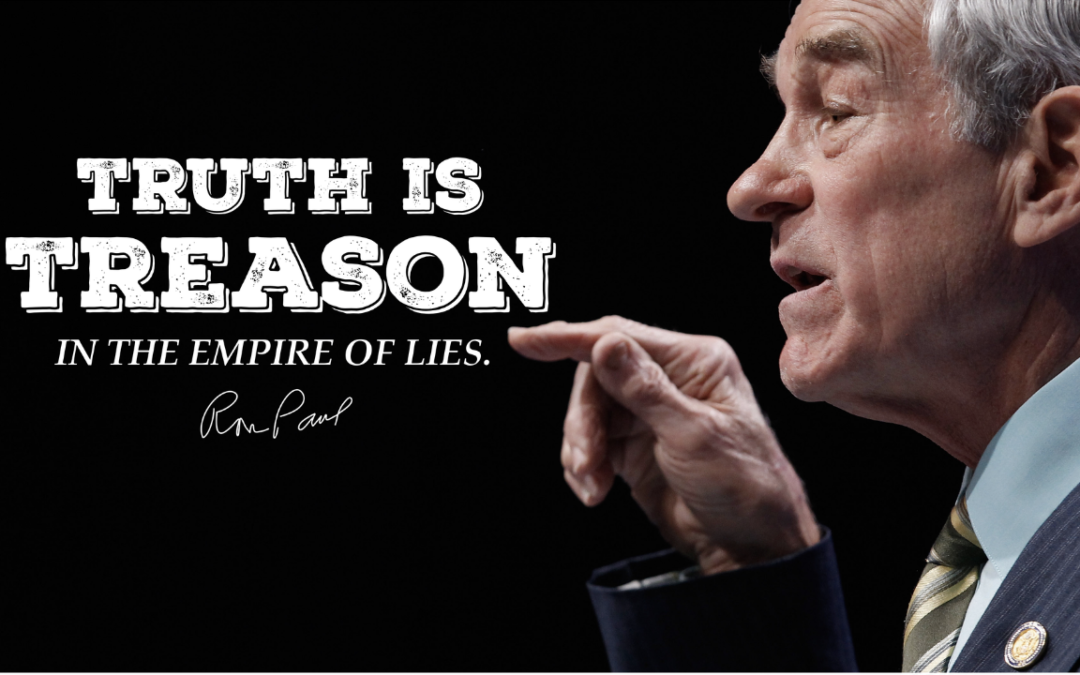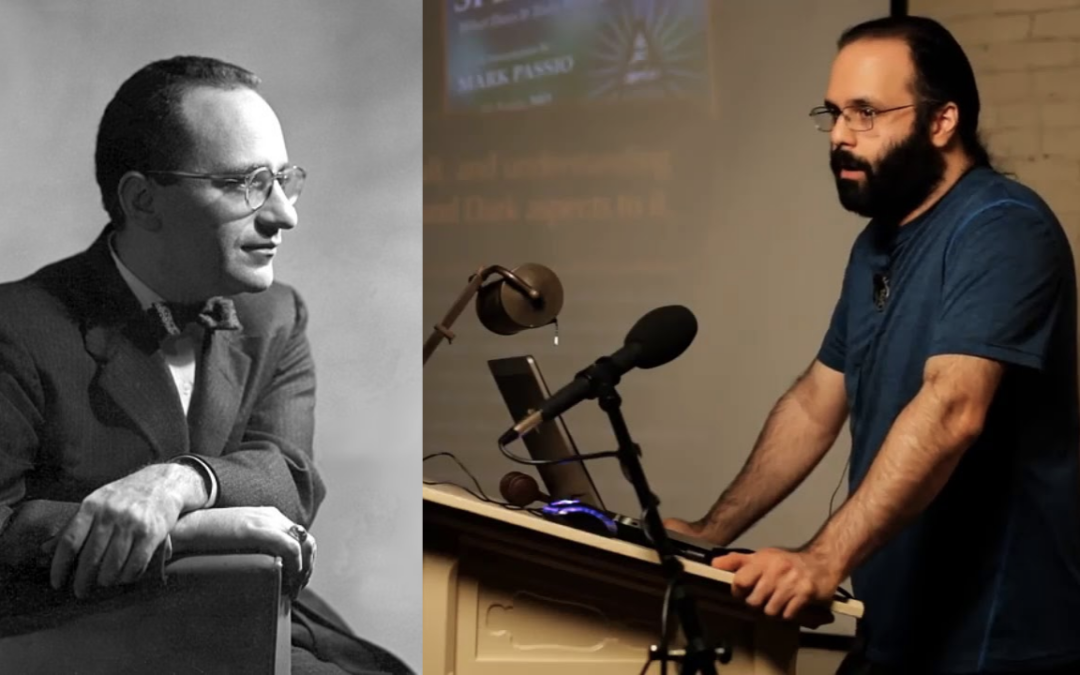Waco by David Thibodeau: Amazon
Help us fight the corporate press & military industrial complex by making a tax-deductible donation today: https://libertarianinstitute.org/donate/

Waco by David Thibodeau: Amazon
Help us fight the corporate press & military industrial complex by making a tax-deductible donation today: https://libertarianinstitute.org/donate/

(Photo Credit: shimlatimes.in)
Here are a collection of excerpts from mainstream sources on the Shanghai lockdowns. **Reminder**: China has one of the highest vaccination rates on the planet at 86.1%.
In Shanghai, 25 million people remain locked down as 26,087 new COVID cases were reported on Sunday…
The situation has grown increasingly dire: Two people who tried to leave their apartment to walk their dog were confronted by a COVID prevention worker who they ended up attacking. At least one man allegedly tried to get the cops to apprehend him so he could at least have food to eat. Meanwhile, people who end up in central quarantine—state-administered facilities where COVID-positive people are sometimes sent so others in their apartment buildings don’t get sick—complain about the fact that it’s so unhygienic, it may well be facilitating greater spread of the virus (or even reinfection). Shared rooms, no running water, broken toilets (or disgusting ones shared by hundreds of people), and people crammed into overflow beds in hospital hallways have grown to be expected by the city’s increasingly angry residents.
– Shanghai’s Lockdowns Result in Starvation and Quarantine Enforces Being Attacked, Reason.com, April 11th, 2022
On March 28, in the face of a growing COVID-19 outbreak, officials in Shanghai, China, instituted strict lockdown controls, confining millions of residents to their homes. More than two weeks later, as residents struggle to stretch their supplies and make do with the little food that is available, the frustrations of those in lockdown are rising. Today, despite more than 25,000 reported new COVID-19 infections, authorities announced that they were lifting some restrictions in certain areas, hoping to “get the city moving again.”
– Two Weeks of COVID Lockdown in Shanghai, The Atlantic, April 11th, 2022
Tokyo — The U.S. State Department has ordered all non-emergency consular staff to leave China‘s largest city, Shanghai, as the global business hub enters its third week of lockdown in response to a surge in COVID-19 cases….
“It is best for our employees and their families to be reduced in number and our operations to be scaled down as we deal with the changing circumstances on the ground,” a statement from the embassy said, according to The Associated Press…
Analysts at the global financial services firm Nomura estimated that as many as 45 cities in China were implementing either full or partial lockdowns as of Tuesday, impacting more than a quarter of the country’s overall population, according to the Reuters news agency.
As CBS News senior foreign correspondent Elizabeth Palmer reports, Shanghai is under the single biggest COVID lockdown in the world. For more than two weeks, the megacity of more than 25 million people has been eerily quiet.
The only bustle is at food depots, where there’s a daily race to deliver groceries to millions of people who haven’t been allowed out to shop.
Last week, a man vented his fury in a video recorded on his phone, and then uploaded online.
“What am I supposed to buy,” he shouted. “What do I eat? You’re driving us to our deaths!”
Small groups of residents have now been allowed out over the past couple weeks, but only briefly, for COVID testing. Anyone who tests positive has no choice: As one patient showed on TikTok, they had to board a special bus and then check into a government-run mass-isolation center.
– Shanghai COVID lockdown lifted for some, but millions remain trapped as China sticks to strict “zero-COVID” policy, CBS News, April 12th, 2022
What we are witnessing in Shanghai is the final, total failure of lockdowns as a pandemic-control measure. The daytime images of Shanghai streets, emptied of all human life, are a vision of life on earth after a civilization-destroying cataclysm. The nighttime videos, featuring thousands or tens of thousands of people bellowing out from their apartment windows and balconies, crying in desperation for human contact, announcing their fear of running out of food, or simply crying in futile desperation at their inability to attend to their dependent relatives, constitute a horror movie. In some videos, state-controlled drones admonish the people not to sing, or let a cry for freedom dwell in their hearts.
– The Shanghai Lockdown, National Review, April 14th, 2022
Since March, China has battled its biggest Covid wave yet, with Shanghai now the largest hotspot. All 25 million residents are under lockdown, with national health care workers and the Chinese military dispatched to boost the city’s response.On Wednesday, the country recorded close to 20,000 new cases — far past the peak of Wuhan in 2020, at the onset of the pandemic.– Public anger mounts in locked-down Shanghai with no end in sight. Here’s what you need to know, CNN, April 7th, 2022

I’m convinced that you never have to give up liberties to be safe. I think you’re less safe when you give up your liberties.

If men were like ants, there would be no interest in human freedom. If individual men, like ants, were uniform, inter- changeable, devoid of specific personality traits of their own, then who would care whether they were free or not? Who, indeed, would care if they lived or died? The glory of the human race is the uniqueness of each individual, the fact that every person, though similar in many ways to others, possesses a completely individuated personality of his own. It is the fact of each person’s uniqueness—the fact that no two people can be wholly interchangeable—that makes each and every man irreplaceable and that makes us care whether he lives or dies, whether he is happy or oppressed. And, finally, it is the fact that these unique personalities need freedom for their full development that constitutes one of the major arguments for a free society.
Murray N. Rothbard, Ph.D., Egalitarianism As Revolt Against Nature (p. 247)

RIYADH: The Coalition to Restore Legitimacy in Yemen announced on Tuesday that it will stop all military activities in Yemen starting Wednesday March 30 at 6 a.m.
This comes in response to the request of the Gulf Cooperation Council Secretary General and in support of the efforts and endeavors to reach a comprehensive and sustainable political solution to end the Yemeni crisis, the coalition said in a statement.
The coalition also said it will take all steps and measures to make the ceasefire a success, and create appropriate conditions and a positive environment during the month of Ramadan to make peace.
More here
Is Joe Biden set to deploy U.S. troops to Ukraine? Watch him address the troops near the Ukrainian border in Poland (1:35) and listen for the words “you’re gonna see when you’re there.”
Laurie Calhoun answers David Rosenberg’s questions about drone killing and whether President Biden is likely to curtail the practice. The drone discussion spans minutes 10:15 to 13:20 of the Saturday Evening program on March 26, 2022. (Recorded on March 25, 2022). Other segments of the news report cover the crises in Ukraine and Yemen.